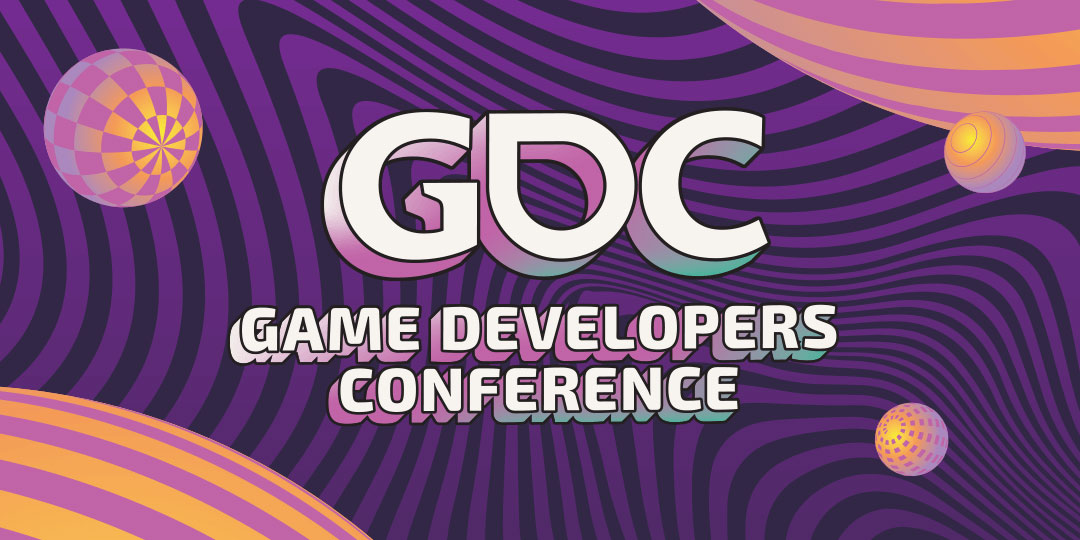Global Insights Hub
Stay informed with the latest updates and diverse perspectives.
Game On: Where Pixels Meet Passion
Explore the thrilling world of gaming where passion fuels pixels! Join us for tips, reviews, and epic adventures that ignite your play!
The Evolution of Video Game Graphics: From Pixels to Photorealism
The evolution of video game graphics has been a remarkable journey, marked by rapid technological advancements and a relentless pursuit of realism. In the early days, video games were characterized by pixelated graphics that relied on simple 2D sprites, as seen in classics like Pong and Super Mario Bros.. These early visuals were limited by hardware capabilities, leading to a distinct aesthetic that many players came to love. However, as technology improved, we witnessed a shift towards more complex 3D graphics, exemplified by games such as Doom and Quake, which pushed the boundaries of what was possible, paving the way for a new era in gaming.
Today, the pursuit of photorealism in video game graphics has reached astounding heights, allowing players to immerse themselves in lifelike virtual worlds. Advanced rendering techniques, such as Ray Tracing and Real-Time Rendering, enable developers to create stunning visuals that mimic reality with incredible detail. Titles like The Last of Us Part II and Red Dead Redemption 2 exemplify this trend, offering experiences that blur the line between video games and film. As we look to the future, it is clear that the evolution of video game graphics will continue to inspire and captivate, pushing players ever closer to experiencing the digital world as if it were their own.

How Gaming Fuels Creativity: The Intersection of Art and Technology
In today's digital landscape, gaming is not merely a source of entertainment; it serves as a vibrant platform where art and technology converge to fuel creativity. Game designers and artists continually push the boundaries of visual storytelling, giving rise to breathtaking environments, intricate character designs, and immersive narratives. According to Creative Bloq, video games often require players to solve complex problems and make impactful decisions, activating their creative faculties in unique ways. This synergy between art and technology not only enhances the gameplay experience but also encourages players to explore their own creative potential.
Moreover, the rise of user-generated content in gaming has opened new avenues for personal expression and collaboration. Platforms like Roblox and Fortnite provide users with tools to create their own games, skins, and stories, effectively turning millions of gamers into creators. This democratization of artistic expression fosters a community where creativity thrives, proving that gaming is a powerful medium for innovation. As highlighted by Forbes, the intersection of art and technology in gaming molds not only skilled developers and artists but also inspires a new generation of thinkers and creators, illustrating how gaming fuels creativity.
What Makes a Game Addictive? Understanding the Psychology Behind Gaming
Understanding what makes a game addictive involves delving into the psychology behind gaming. One key factor is the concept of intrinsic motivation, which drives players to engage in activities for their own sake rather than for an external reward. According to Psychology Today, games often provide a sense of achievement through leveling up, completing quests, or mastering challenging gameplay mechanics. This sense of accomplishment can release dopamine in the brain, reinforcing the desire to continue playing. Additionally, the use of variable rewards, such as loot boxes or random item drops, creates a slot machine effect that keeps players engaged, never quite knowing when the next reward will come.
Furthermore, the social aspect of gaming plays a crucial role in its addictiveness. Many modern games offer multiplayer experiences that foster a sense of community among players. This fosters social bonding and competition, which are powerful motivators. As highlighted by Frontiers in Psychology, the social interaction found in gaming can lead to increased levels of engagement and investment in the game. Players are not only driven by the game itself but also by the relationships they build within the gaming community, making it even harder to step away from the screen.